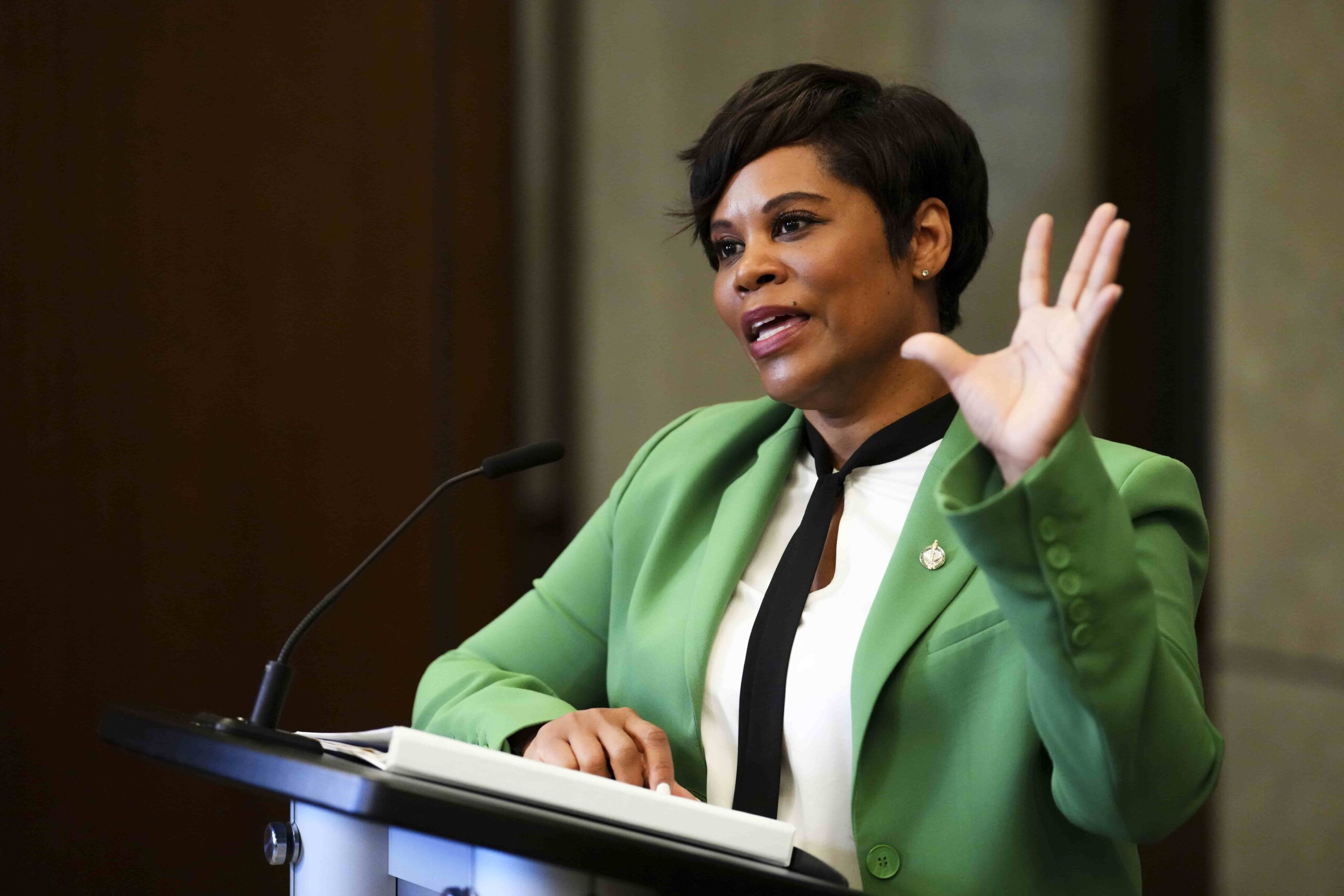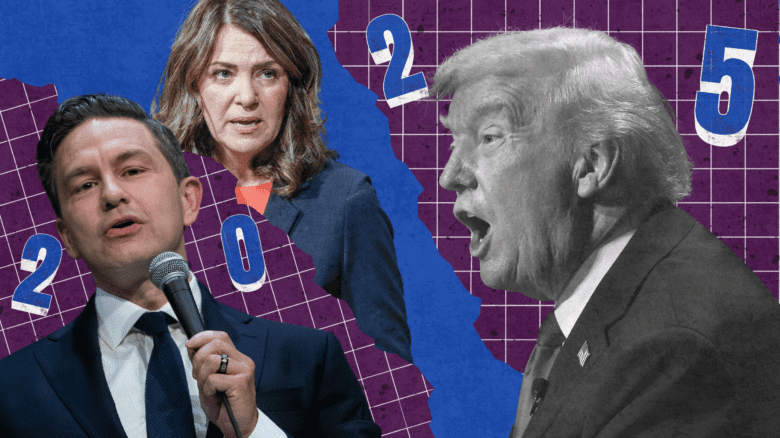When analyzing the efficacy and fairness of services delivered by governments, there really isn’t a one-size-fits-all solution—to any of it. Since 1995, the Canadian federal government has committed to a gender-based analysis (GBA) of its programs and services, and in 2011, that became known as GBA Plus in order to recognize other intersectional identities that needed to be considered (like sexual orientation and gender nonconforming identities, but also race and disability). But even though the feds have committed to doing this analysis, it looks like they haven’t really been living up to the promise, and the Auditor General has just released a third report, which states that, all these years later, the government is still half-assing the work.
To be fair, Justin Trudeau’s “feminist” government did legislate gender budgeting in 2018, which is intended to ensure that there are gender considerations in their budget documents, and we have seen those roll out. The last two federal budgets had reasonably substantial sections dealing with queer and trans issues. But as much as this is progress from the assumption that all Canadians are cisgender heterosexual white men, the departments considering how these programs and services affect our diverse population don’t seem to be making any great headway.
The audit focused on the actions of three major departments: the Privy Council Office and the Treasury Board Secretariat, which are the central agencies by which all other departments must get approval for their policies and programs, and who have a challenge function in order to ensure that the departments seeking approval have made GBA Plus part of their considerations in their applications; the third was Women and Gender Equality Canada (WAGE), who are responsible for training, guiding and supporting other departments—including the other two—to ensure that they have the tools to conduct GBA Plus.
According to the Auditor General’s office, while there has been some marginal progress, they have largely been failing in that task.
“It’s time for WAGE to lean in more on this conversation,” says Carey Agnew, principal in the Office of the Auditor General, and the primary author of the GBA Plus report. “They have a leadership role, they are a centre of expertise. It’s time to advance this.”
“This is an investment—GBA Plus takes time and effort, and Canadians should be able to see the impacts of this work.”
Agnew says that she cannot stress enough the reporting and monitoring responsibilities that WAGE needs to step into. That also means improving the transparency around the status of implementing GBA Plus throughout the government, meaning that their monitoring should be made public.
“We’re just not seeing that come out in the departmental results reports the way that we anticipated,” Agnew says in an interview with Xtra. “This is an investment—GBA Plus takes time and effort, and Canadians should be able to see the impacts of this work.”
When it comes to gender analysis, most government departments are lagging behind in considering gender-diverse individuals, as opposed to just cis women, the audit states. It also placed great emphasis on the fact that there hasn’t been enough disaggregated data collected by departments, which is necessary to have a better idea of how their policies and programs are affecting the communities they are intended to serve. If you can’t measure your outcomes properly, it’s hard to know who you’re missing because you didn’t take their needs into account.
WAGE also created a Gender Results Framework (GRF) in order to improve equality outcomes—but the audit found that there was a lack of specific and measurable targets to go with it. Of the data used to track performance of the framework, most of it was available only for gender or sex, with limited other factors such as disability, Indigeneity or sexual orientation. One particular statistic that leaped out at me from the report was that when it came to the 43 indicators in the GRF, disaggregated data was available for 38 of them related to gender or sex, but only three were available for sexual orientation, and zero for disability. It is a telling example of just how little attention the “plus” in GBA Plus is receiving.
I reached out to Marci Ien, the minister responsible for WAGE, to get her sense of what her office needs to do to ensure that these considerations are being made, particularly when it comes to ensuring that queer and trans identities are being considered on a more consistent basis by departments when it comes to how they are thinking about programs and services. Our scheduled interview wound up being cancelled, and her office sent me some bromides instead.
“WAGE is deeply committed to acting on the recommendations put forward by the [Auditor General] to make sure that GBA Plus is fully implemented right across government,” Johise Namwira, Ien’s press secretary, wrote. “As stated in Minister Ien’s mandate letter, she will continue to support ministers working to advance gender equality through an intersectional lens.”
Namwira mentioned the investments in LGBTQ2S+ organizations’ capacity funding, banning conversion therapy and lifting the blood-donation deferral period for men who have sex with men as all applications of GBA Plus, even though the latter had nothing to do with the government’s actions, aside from putting up research dollars.
“Although progress has been made, we recognize that gaps remain and we will seize the opportunity to improve,” Namwira wrote. “We will continue to centre the lived experiences of LGBTQ2S+ community members and advocates in all of our work.”
The problem with those kinds of statements is that there doesn’t seem to be an acknowledgement of where the department has gone wrong—only that they weren’t doing enough. Remember that this is the third time that the Auditor General has found that the government, under both the Liberals and the Conservatives, isn’t living up to their GBA Plus promises. Queer and trans communities need to know that government programs and policies recognize their needs and include them in their solutions, but until the government can get their act together on their GBA Plus, we have no guarantee that our concerns are being listened to or addressed.


 Why you can trust Xtra
Why you can trust Xtra


